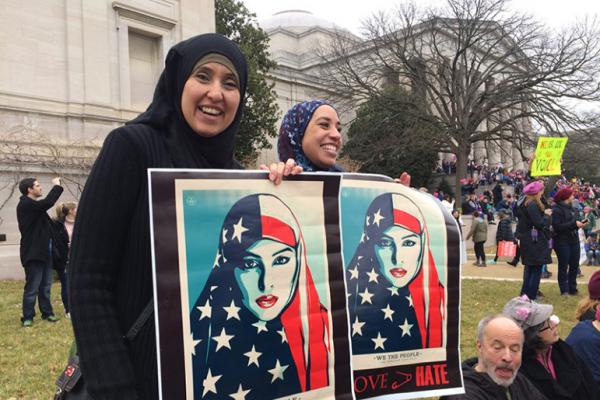Jan 22, 2018
“I really feel like activism is a form of sharing that love that God has given you,” she said. “Realizing that this world is made for all of us is something that’s transcending, and we have to inspire each other.”
Read the Full Article

Already a subscriber? Login
